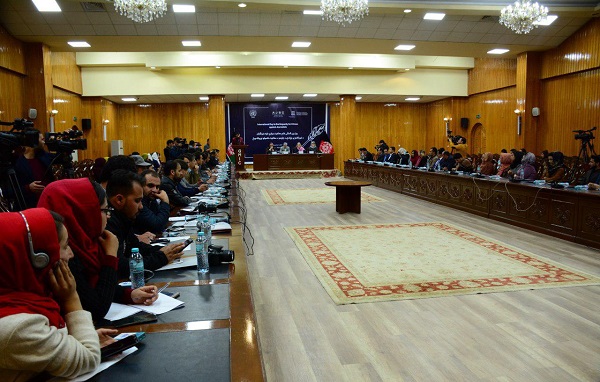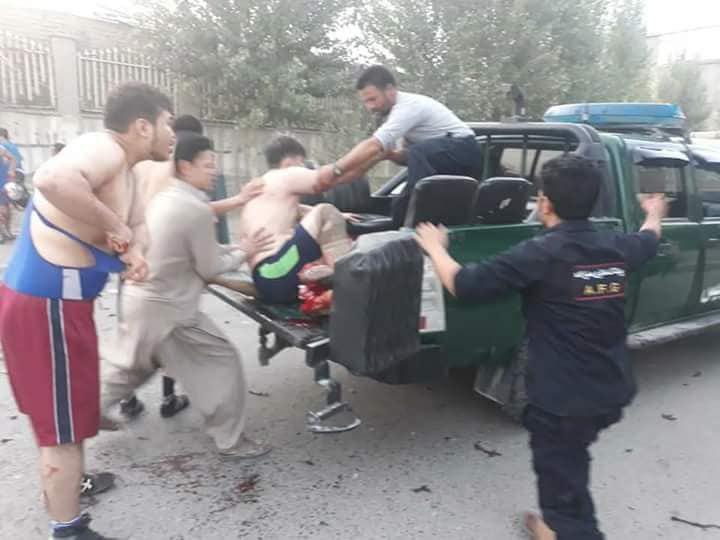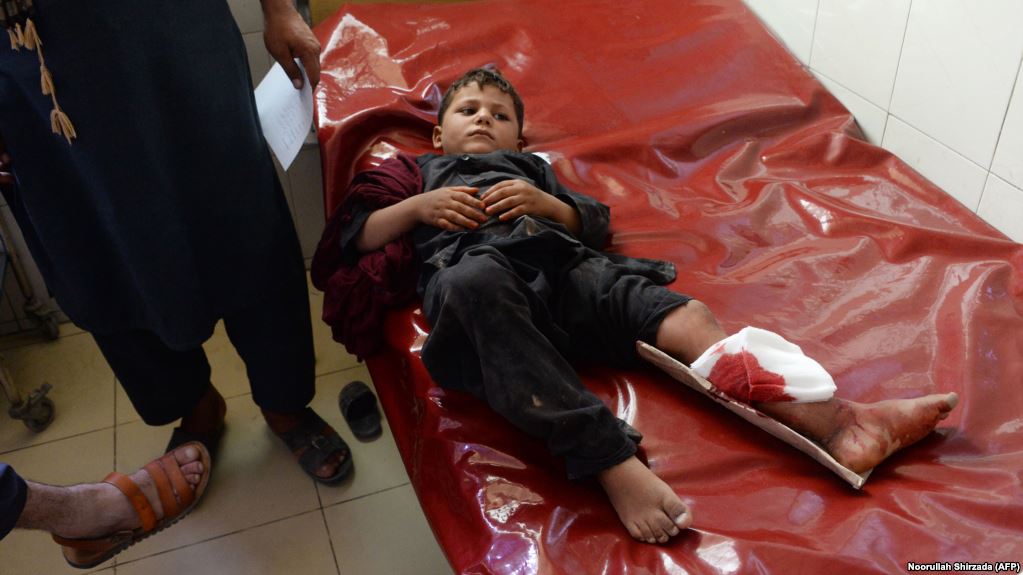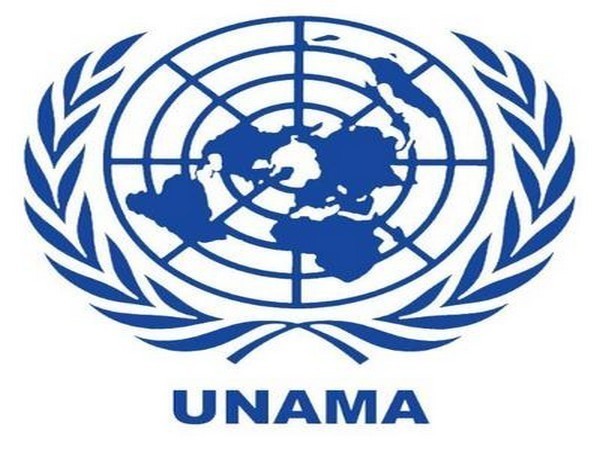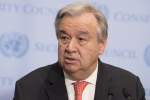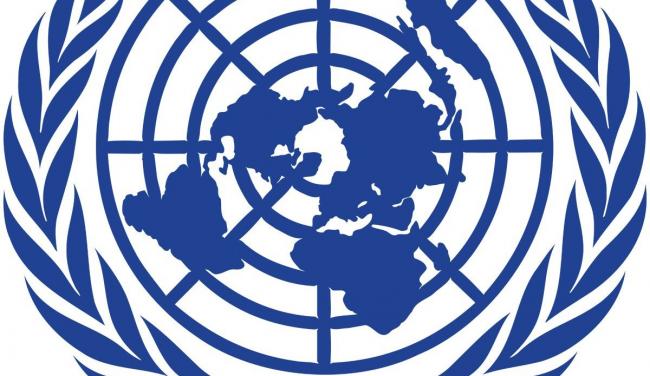For the International Day to End Impunity for Crimes against Journalists, the United Nations and the Afghan Journalist Safety Committee (AJSC) convened a Media Summit in Kabul to spotlight the impact of worsening violence against reporters in Afghanistan.
Publish dateMonday 4 November 2019 - 00:10
Story Code : 194642
As per UNAMA report, some one hundred journalists, along with government officials and members of the international community, participated in the event.
“Speaking truth to power, of any type, is a fundamental function in democratic societies, and exercising freedom of expression rights in a country at conflict entails enormous risk,” said UNAMA’s Human Rights Chief, Fiona Frazer, in opening remarks.
“Journalists, along with civil society actors and human rights defenders, are unequivocally classified as civilians in the context of armed conflict and must be protected as civilians,” Frazer added.
“Media reporting provides early warning and allows societies to make informed choices; your work is criticial because information is critical,” stressed Frazer. “Media plays a major role in protecting and promoting human rights.”
In his statement for the day, UN Secretary-General António Guterres noted the rise in the scale and number of attacks on journalists and media workers, as well as incidents that make their work much harder, including threats of prosecution, arrest, imprisonment, denial of journalistic access and failures to investigate and prosecute crimes against them.
“When journalists are targeted, societies as a whole pay a price,” said Guterres. “Without journalists able to do their jobs in safety, we face the prospect of a world of confusion and disinformation.”
This year, UNESCO launched the KeepTruthAlive social media campaign, which draws attention to the dangers faced by journalists close to their homes, highlighting the fact that 93 per cent of those killed work locally, and featuring an interactive map that provides a vivid demonstration of the scale and breadth of the dangers faced by journalists worldwide.
The United Nations General Assembly proclaimed 2 November as the International Day to End Impunity for Crimes against Journalists in General Assembly Resolution A/RES/68/163. The resolution urged member states to implement measures countering the present culture of impunity. The date was chosen in commemoration of the assassination of two French journalists in Mali on 2 November 2013.
International media watchdogs have listed Afghanistan as one of the most dangerous countries in the world to be a journalist. The situation remains dire especially for female reporters and journalists working in remote regions of the country.
“Speaking truth to power, of any type, is a fundamental function in democratic societies, and exercising freedom of expression rights in a country at conflict entails enormous risk,” said UNAMA’s Human Rights Chief, Fiona Frazer, in opening remarks.
“Journalists, along with civil society actors and human rights defenders, are unequivocally classified as civilians in the context of armed conflict and must be protected as civilians,” Frazer added.
“Media reporting provides early warning and allows societies to make informed choices; your work is criticial because information is critical,” stressed Frazer. “Media plays a major role in protecting and promoting human rights.”
In his statement for the day, UN Secretary-General António Guterres noted the rise in the scale and number of attacks on journalists and media workers, as well as incidents that make their work much harder, including threats of prosecution, arrest, imprisonment, denial of journalistic access and failures to investigate and prosecute crimes against them.
“When journalists are targeted, societies as a whole pay a price,” said Guterres. “Without journalists able to do their jobs in safety, we face the prospect of a world of confusion and disinformation.”
This year, UNESCO launched the KeepTruthAlive social media campaign, which draws attention to the dangers faced by journalists close to their homes, highlighting the fact that 93 per cent of those killed work locally, and featuring an interactive map that provides a vivid demonstration of the scale and breadth of the dangers faced by journalists worldwide.
The United Nations General Assembly proclaimed 2 November as the International Day to End Impunity for Crimes against Journalists in General Assembly Resolution A/RES/68/163. The resolution urged member states to implement measures countering the present culture of impunity. The date was chosen in commemoration of the assassination of two French journalists in Mali on 2 November 2013.
International media watchdogs have listed Afghanistan as one of the most dangerous countries in the world to be a journalist. The situation remains dire especially for female reporters and journalists working in remote regions of the country.
avapress.net/vdcfjjdy0w6d1va.r7iw.html
Tags
Top hits
